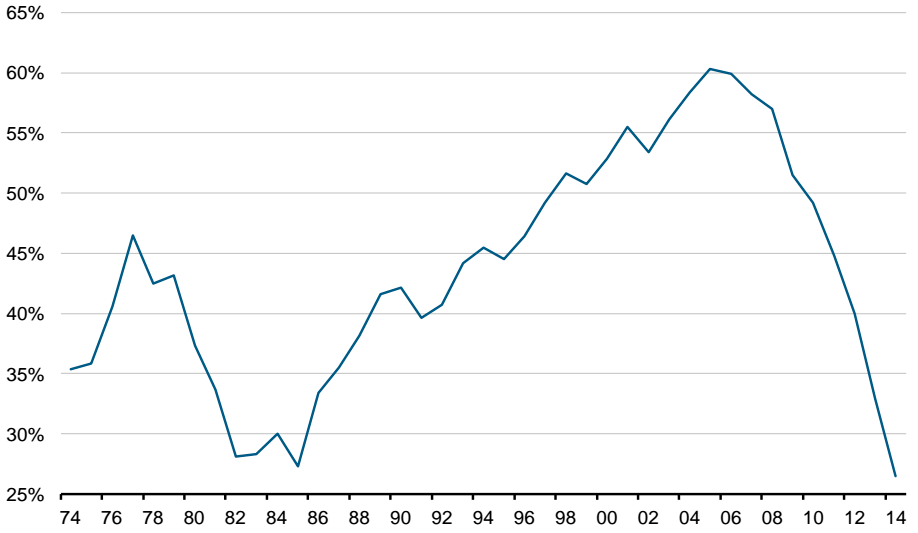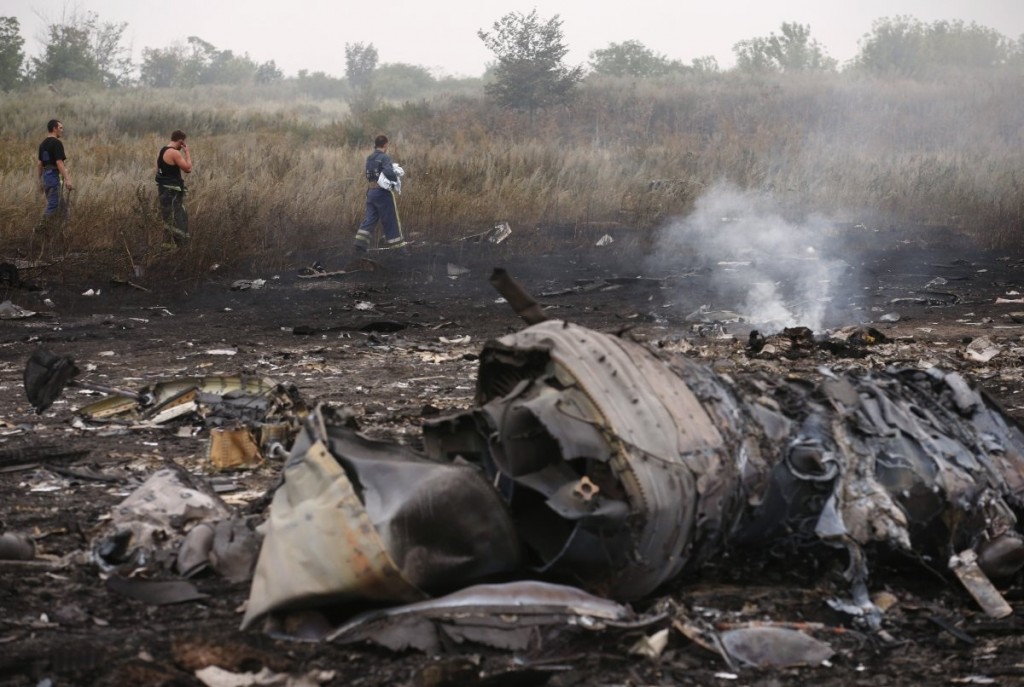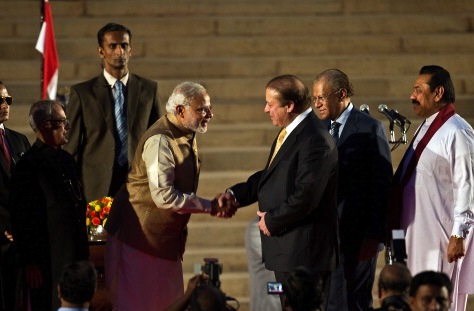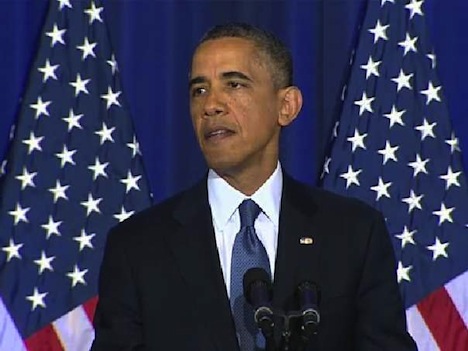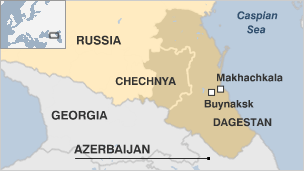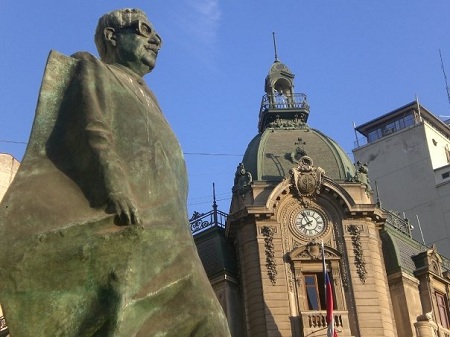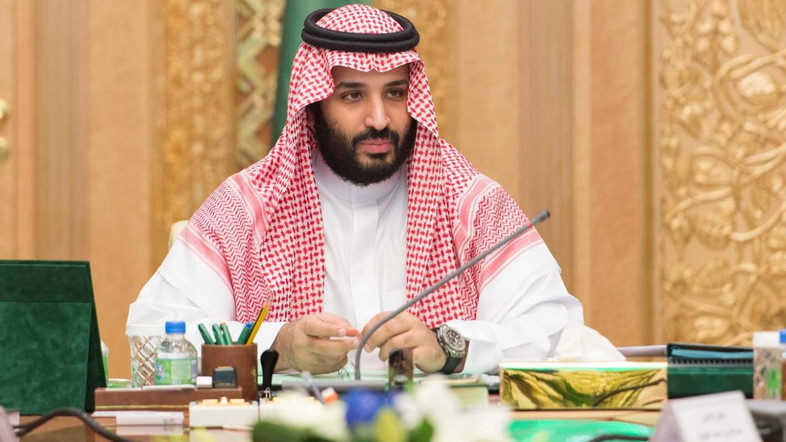
Just a few years ago, Saudi Arabia and its oversized royal family faced a conundrum.![]()
With the ascension of Salman bin Abdulaziz Al Saud at the age of 79 in January 2015, it confirmed that the Saudis weren’t yet prepared to turn over the reigns of government from the legendary second generation of sons of Ibn Saud, generally seen as the founder of the modern Saudi state. Salman, the 25th son of Ibn Saud, ascended the throne, while Muqrin bin Abdulaziz Al Saud, an even younger brother, became crown prince. Not long ago, it was conventional wisdom that Saudi Arabia had become a gerontocratic horizontal monarchy where power passed from brother to increasingly infirm brother, with no plan for transitioning to a younger monarch.
Salman, now 81, who effectively governed the country was rumored to be suffering from Alzheimer’s disease when he ascended the throne. Today, however, he presides over a kingdom that’s taken a much more muscular role regionally, from a devastating proxy war in Yemen against Houthi rebels and former president Ali Abdullah Saleh(and, really, against Iran) to a deepening diplomatic crisis with Qatar over its alleged funding of Islamic terrorism (including relatively pro-democratic groups like Hamas and the Muslim Brotherhood), despite the Saudi kingdom’s own funding of hard-line Wahhabists.
* * * * *
RELATED: Why Trump’s outreach to Saudi Arabia
might not be so clueless
* * * * *
But within three months, he had replaced Muqrin as crown prince from a member of the next generation — the revered interior minister Muhammad bin Nayef bin Abdulaziz Al Saud, now 57 years old, the deputy crown prince who became a beloved Saudi figure among American policymakers in the 2000s and early 2010s for his effectiveness in Saudi counterterrorism efforts that proved largely successful (by either bribing and rehabilitating would-be jihadists or eliminating them).
In recent years, there were reports that Muhammad bin Nayef, who suffered ill effects from a 2009 assassination attempt, was in increasingly ill health.
That may have been an issue in Salman’s decision today in removing Muhammad bin Nayef, both as interior minister and crown prince. Instead, Salman’s own son, the 31-year-old Muhammad bin Salman Al Saud, who replaced his father as the Saudi defense minister upon his father’s ascension to the throne in January 2015, will now be elevated as crown prince. In the last two and a half years, Muhammad bin Salman’s star has been on the rise, just as Muhammad bin Nayef’s star has been on the wane. His tenure as defense minister hasn’t always been smooth, given the aggressive and sometimes over-hasty steps he took in 2015 to intervene in Yemen before his country’s security services and armed forces seemed ready to carry out his plans. But no one paying attention could have missed the ambition of the king’s son. Continue reading In naming son as Saudi crown prince, Salman skips an entire princely generation


